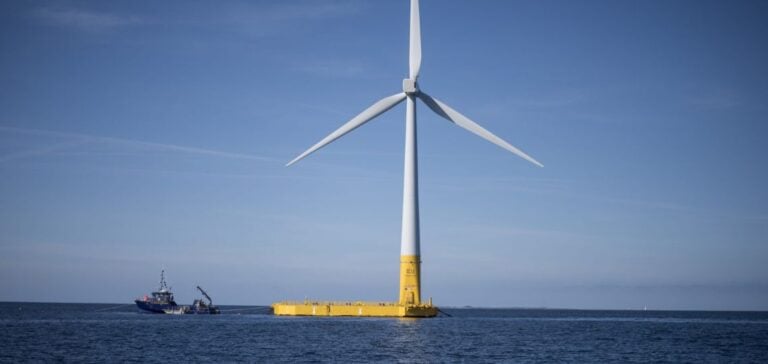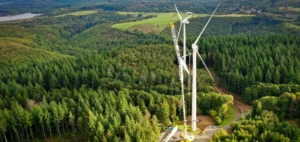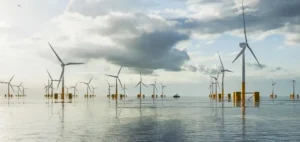Neoenergia and the government of Ceará have signed a memorandum of understanding (MoU) to carry out joint studies into the potential of offshore wind energy along the state’s coastline. This agreement is Neoenergia’s fifthoffshore wind partnershipin Brazil, already covering the states of Rio Grande do Norte, Rio de Janeiro and Rio Grande do Sul. The protocol was signed at the Abolition Palace in Fortaleza, in the presence of Marcelo Lopes, Neoenergia’s Director of Hydraulics and Offshore, the Governor of Ceará, Elmano de Freitas, and other company authorities and executives. This partnership aims to assess the feasibility of offshore wind projects, a crucial step in diversifying the state’s energy portfolio and attracting investment.
The need for a regulatory framework
Marcelo Lopes stressed that the growth of the offshore wind energy market in Brazil requires a clear regulatory framework. “We need coherent rules to develop the industrial chain with added value and enhance the socio-environmental attributes of this source. The creation of these rules will provide legal certainty and predictability for investors,” he declared. This partnership with the government of Ceará is in line with Neoenergia’s strategy to prepare Brazil for the production of new sources of renewable energy in the long term. The company, a pioneer in onshore wind power in Brazil, sees the emergence of new technologies as a path towards a stable and sustainable energy transition.
Economic potential of the offshore wind project
Governor Elmano de Freitas stated that Ceará has great potential for renewable energy production. Government support for investment in this sector is crucial to the state’s sustainable economic development. Neoenergia’s offshore wind project will make a significant contribution to diversifying the state’s energy mix by harnessing the significant capacity of offshore wind. This initiative aims not only to reduce CO2 emissions, but also to create jobs and stimulate regional economic growth. The development of offshore wind energy in Ceará is part of a wider strategy of transition to cleaner, renewable energies, offering an opportunity for leadership in the global energy sector.
Future prospects and challenges
The signing of this agreement represents an important step towards the implementation of offshore wind power projects in Brazil. However, the success of these projects will depend heavily on the rapid and effective implementation of an appropriate regulatory framework. This includes clear policies and incentives to attract the necessary investment. The development of offshore wind power also presents technical and environmental challenges. In-depth studies will be essential to ensure economic viability and minimize environmental impacts. These efforts will help establish Brazil as a leader in renewable energies, while meeting the country’s growing energy needs. The partnership between Neoenergia and the Ceará government could serve as a model for other regions of Brazil and beyond, demonstrating the benefits of public-private collaboration in achieving sustainable development and energy goals.






















